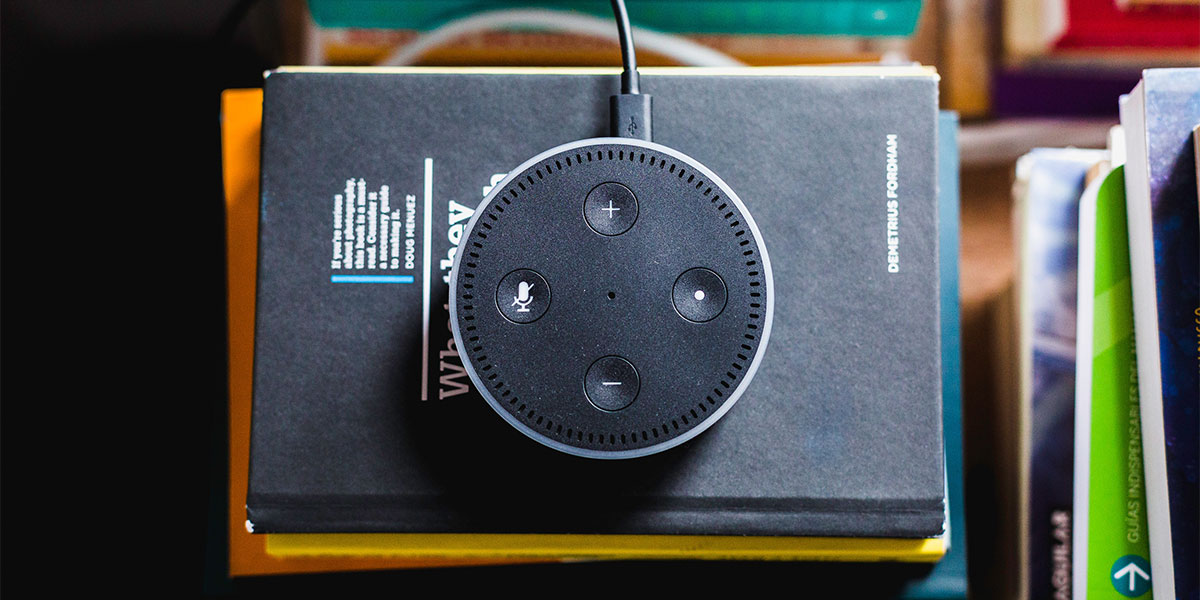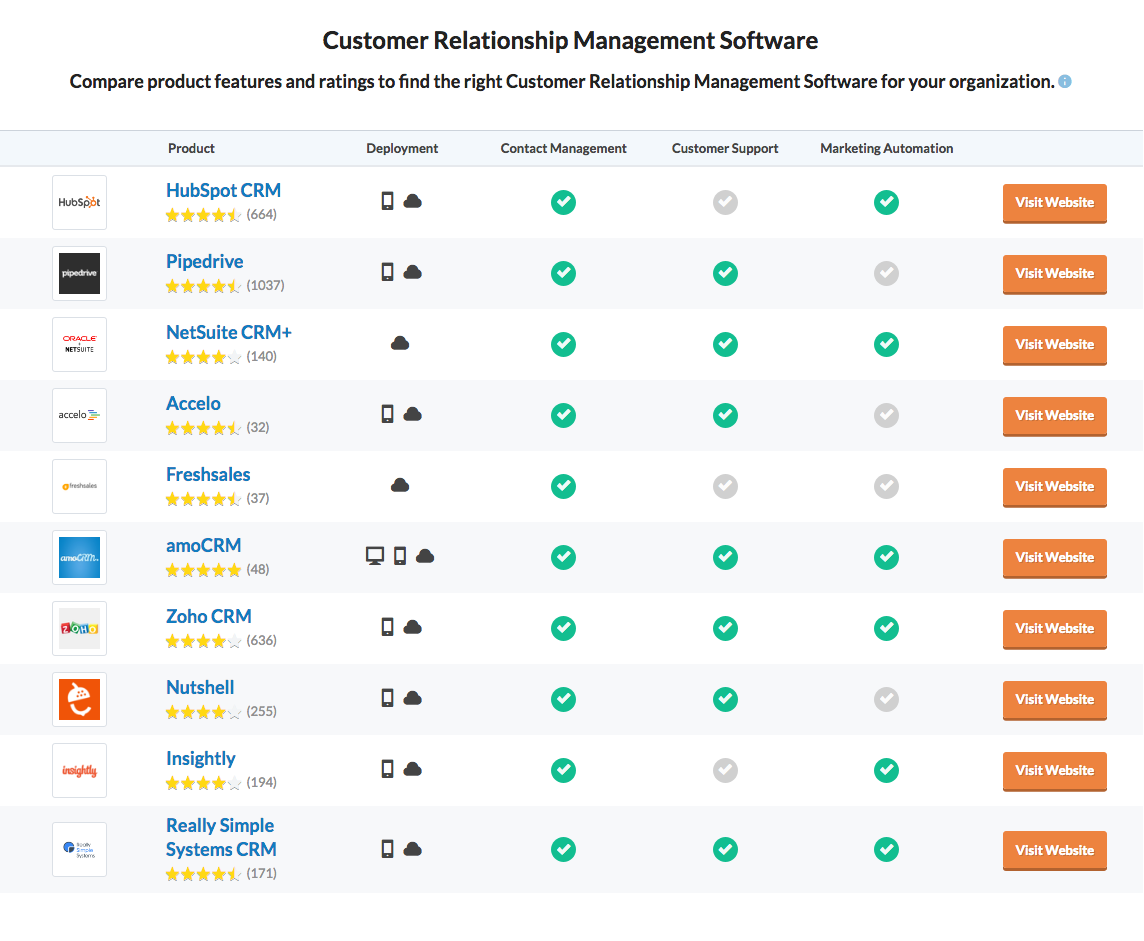The simple truth is, there are serious challenges to the long-term sustainability of special libraries, most of which can be turned into opportunities if you develop a strategy for continuous improvement and are proactive.
We've Moved!
Think Clearly has a new home! Click here to see our latest posts.
*If there’s older content you’d like to catch up on, you can browse right where you are, until Friday, April 5th.
We know it takes a minute to get used to change!
Topics: Management, Special Libraries, Strategy
Pilots can’t fly unless they have instruments that tell them what the plane is doing at all times, and where it’s heading. Library professionals need instruments too, in order to assess whether the products and services they are providing are valued, and to understand what additional products and services might be needed. Read about 4 tools that will help you maintain your situational awareness.
Topics: Management, Special Libraries, Strategy
Alexa, Siri, Cortana, Google Home, AR, AI, Machine Learning and the Special Librarian
Are we ready for this? Sometimes a new technology simmers for years and then just seems to explode into the present. There are a few things cresting now in the consumer and business markets that we need to pay attention to.
Topics: Management, Professional Development, Technology
One of Lucidea’s goals is to ensure a high return on investment for our clients. Per Wikipedia, “A high ROI means the investment's gains compare favorably to its cost.” Please read on for an example of how to think about and measure gains after implementing a Lucidea ILS or KM solution.
Topics: Management, Inmagic Presto, ILS
The Library Director at a mid-sized law firm implemented our Director’s Dashboard as an online business intelligence tool that would make it easier to manage library operations without having to perform the same search, run repetitive reports, etc.
Topics: Management
One of the many positive aspects of solo librarianship is the diversity of the practitioners. Among them are law librarians, medical librarians, corporate/special librarians and archivists, to name just a few. This diversity helps solo librarians to better help one another, solving common problems and sharing/implementing best practices.
Topics: Library Management, Management, Professional Development
Part Four: Client Engagement in Special Libraries—Simple Tactics to Build On
Our first three posts defined customer engagement and focused on our clients/colleagues. We suggested a strategy for identifying and connecting with the colleagues we serve. We looked into gaining a better understanding of ourselves as people, and we reviewed the core skills for listening. In this post we design a roadmap for engaging colleagues in the various specialized settings of information professionals.
Topics: Library Management, Management, Special Libraries, User Engagement
How (and Why) My Favorite Brick and Mortar Bookstore Continues to Thrive
Frequent travelers through San Francisco’s airport who love to read have probably stopped in at Compass Books in Terminal 3. The quality and range of their selection always impresses me, as do the knowledgeable staff. Recently, when SFO underwent significant renovations, I feared the store had closed—another victim of the digital age.
Topics: Library Management, Information Management, Management, Marketing, User Engagement
Part Three: Client Engagement in Special Libraries—What are the skills and competencies for engagement?
In our first two posts in this series, we defined what customer engagement is in the special librarian’s context, and outlined an approach to building a special library focused customer relationship management system.
Now, let’s ask ourselves what are the major competencies required for success? What should we invest our personal development focus on?
Topics: Library Management, Management, Special Libraries, User Engagement
Part Two: Client Engagement in Special Libraries—Tracking and engaging your clients
My last post defined terms related to customer engagement and focused on the personal relationship-building component of our mandate with our target colleagues.
A major element of building relationships is knowing your colleagues well. No one’s memory is perfect. You can’t remember everything, and you may be working in teams (although this is useful for solos too). For sustainability and teamwork, you need to build a database that pulls together your knowledge of your clients and colleagues.
Topics: Library Management, Solo Librarianship, Management, Special Libraries, User Engagement
This series of blog posts on client engagement is inspired by a reader comment. Thanks!
“I appreciate Stephen Abram's tips. Could you talk more of 'engagement'? How can special librarians 'engage' employees? THANK YOU!”
This reader comment has inspired me to think more deeply about how special librarians and information professionals need to behave differently on the customer engagement front. Yes, special librarians are different!
Topics: Library Management, Solo Librarianship, Management, Integrated Library Systems, Special Libraries, User Engagement
In a recent post, The CKO of Microsoft Services Has a Surprising Perspective on Knowledge Management, KM blogger Nancy Dixon summarizes a conversation about people, process and technology with Jean Claude Monney, CKO of Microsoft Services. Mr. Monney touches on “no collar” workers, who should be added to “white collar” and “blue collar” when we talk about the people side of knowledge exchange.
Topics: Library Management, Knowledge Management, Management
In his “Knoco Story,” Dealing with the Important Urgent Knowledge First, KM expert Nick Milton discusses the difference between important and urgent information and knowledge. Understanding this difference is key for special librarians and other knowledge professionals as they manage workflow and resources to best support their end users and deliver the most impact.
Topics: Library Management, Solo Librarianship, Management
As information professionals we are often asked to give our advice and our professional opinion on a number of issues and projects. Sometimes it is difficult to offer guidance confidently, yet it is our obligation to do so. In this post I’ll offer my thoughts on why and how to begin.
Topics: Library Management, Solo Librarianship, Management, Integrated Library Systems
Part 3: 33 Tips to Increase Innovation Capacity in your Library
Well, we’re finally at part three of this series. Here are my final ten tips and a bonus one. (Check out part one and part two here, in case you missed them.)
Topics: Library Management, Solo Librarianship, Management, Integrated Library Systems
Part 2: 33 Tips to Increase Innovation Capacity in your Library
I wrote my first 12 tips for innovation and product development success at your library based on my own experiences (and as a sort of ode to my 39th anniversary of my MLS graduation). This is a three part series and the next 11 tips are right here. Watch for the final batch in my next post.
Topics: Library Management, Solo Librarianship, Management, Integrated Library Systems
Part 1: 33 Tips to Increase Innovation Capacity in your Library
There’s nothing like the 39th anniversary of your library school graduation to cause you to reflect. I have many memories of a young, newly minted, newly married and very green librarian heading out into the big world. Ironically, my first task in those pre-Amazon days was to order a book—and I didn’t know how and was a solo librarian. Learning started fast in professional practice. What have I learned in the last 39 years, and is any of it useful?
Topics: Library Management, Solo Librarianship, Management, Integrated Library Systems
“Nobody cares how much you know, until they know how much you care.” The origin of this quote is unclear, but it is often cited in the education sector during discussions about how best to motivate students and improve teaching skills. The concept is equally relevant to customer service, and therefore applies to librarians and other information professionals.
Topics: Library Management, Solo Librarianship, Management, Integrated Library Systems














